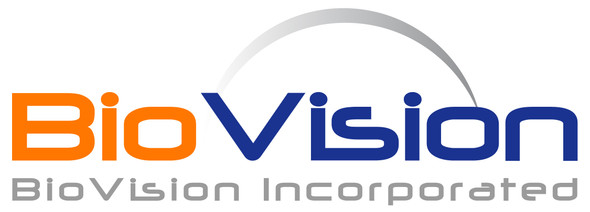Description
Human CellExp™ IL-1 beta / IL-1F2, Human recombinant is available at Gentaur for Next week delivery.
Potent proinflammatory cytokine
Biomolecule/Target: IL1B
Alternates names: IL1B, IL-1BETA, IL1F2, IL-1β, Catabolin
Synonyms: IL1B, IL-1BETA, IL1F2, IL-1β, Catabolin
Background Information: Interleukin-1 beta (IL-1β) is also known as catabolin, is a cytokine protein that in humans is encoded by the IL1B gene. IL-1β precursor is cleaved by caspase 1 (interleukin 1 beta convertase). Cytosolic thiol protease cleaves the product to form mature IL-1 beta. IL1β are structurally related polypeptides that share approximately 21% amino acid (aa) identity in human. Both proteins are produced by a wide variety of cells in response to inflammatory agents, infections, or microbial endotoxins. While IL1α and IL1β are regulated independently, they bind to the same receptor and exert identical biological effects. IL-1β is a member of the interleukin 1 cytokine family. This cytokine is produced by activated macrophages as a proprotein, which is proteolytically processed to its active form by caspase 1 (CASP1/ICE). This cytokine is an important mediator of the inflammatory response, and is involved in a variety of cellular activities, including cell proliferation, differentiation, and apoptosis. The induction of cyclooxygenase-2 (PTGS2/COX2) by this cytokine in the central nervous system (CNS) is found to contribute to inflammatory pain hypersensitivity. This gene and eight other interleukin 1 family genes form a cytokine gene cluster on chromosome 2.
Reconstitution Instructions: Reconstitute in sterile PBS, pH 7.4 to a concentration of 50 μg/ml
NCBI Gene Symbol: IL1B
Gene ID: 3553
NCBI Accession: P01584
Additional Information
Size: |
25 µg |
Country of Manufacturing Origin: |
USA |
Country of Animal Origin: |
USA |
Gene Source: |
Human |
Recombinant: |
Yes |
Source: |
HEK 293 cells |
Purity by SDS-PAGE: |
≥ 97% |
Assay: |
SDS-PAGE |
Purity: |
N/A |
Assay 2: |
N/A |
Endotoxin Level: |
< 1 EU/μg |
Activity (Specifications/test method): |
Prolifiration assay |
Biological activity: |
The bio-activity was determined by dose-dependent stimulation of the proliferation of mouse D10.G4.1 cells. The ED50 < 2 pg/mL, corresponding to a specific activity of >500,000,000 Unit/mg. |
Results: |
>500,000,000 Unit/mg. |
Molecular Weight: |
The protein has a calculated MW of 17.5 kDa. The predicted N-terminus is Met. The reducing protein migrates as 18 kDa in SDS-PAGE. |
Storage Temperature: |
-20°C |
Shelf Life: |
12 months |
Concentration: |
N/A |
Appearance: |
Lyophilized |
Handling: |
Centrifuge the vial prior to opening. |






